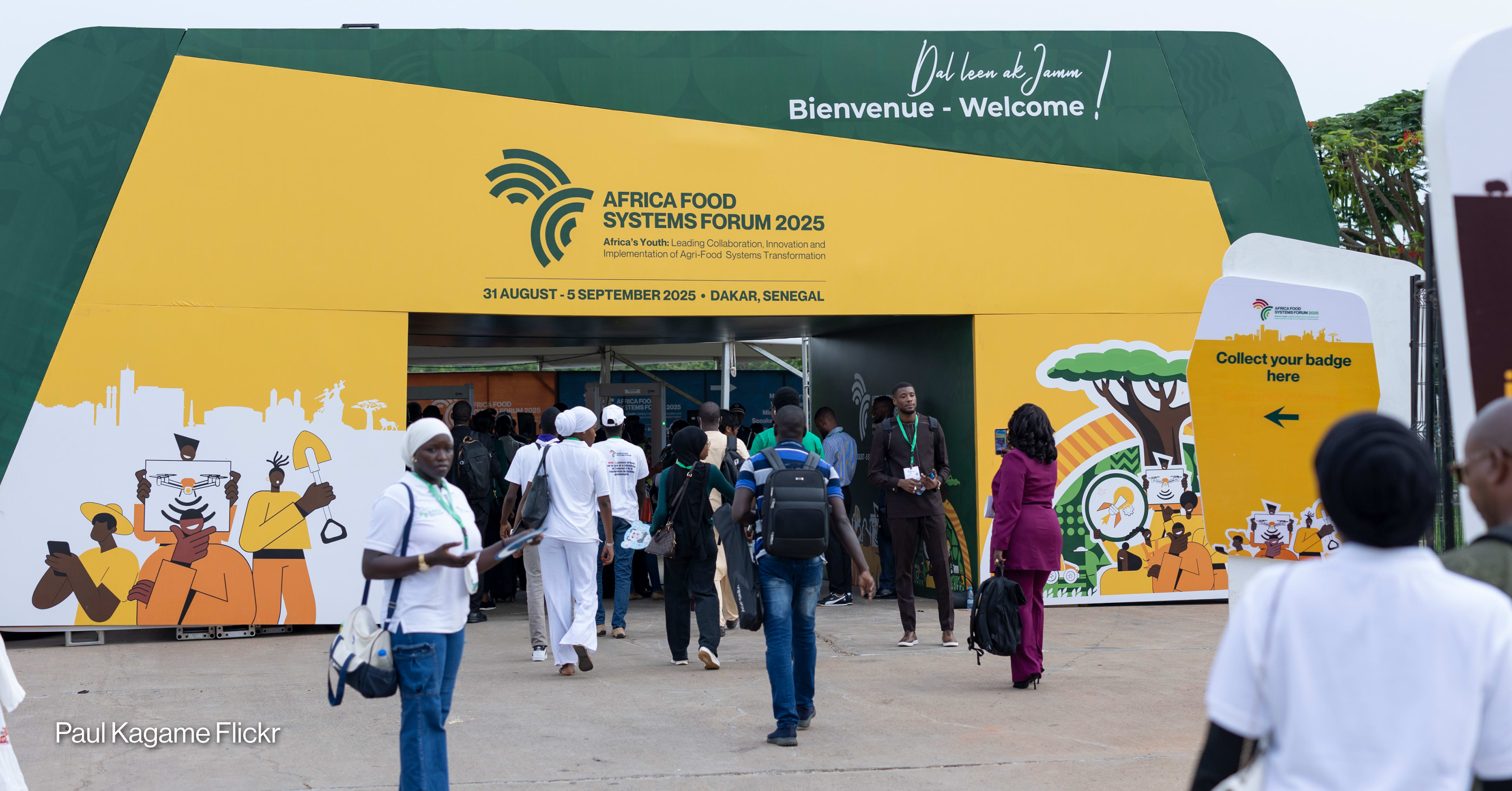
Africa has made great progress in the fight against malnutrition. However, stunting — having a low height for a given age — still currently affects an estimated 58.7 million children under 5 in Africa, and wasting — low weight for a certain height — continues to threaten the lives of 13.8 million children in Africa. The economic consequences of this malnutrition burden represents a loss of 11 percent of gross domestic product each year.
Private investments as a solution
As scaling up nutrition action delivers at least $16 in returns on investment for every $1 spent, nutrition-sensitive capital investments along the entire food value chain are likely to represent a tremendous purpose-driven investment opportunity. We argue there is a central role for business — namely SMEs in tackling malnutrition in Africa.
There are more than 1 billion people in the current African consumer market. This is expected to increase to more than 2 billion by 2050. With 226 million people aged between 15 and 25 years, the continent also has the youngest population in the world. This represents enormous potential: A young, growing African consumer market that is more health-conscious, favoring nutritious and healthy foods. Emerging markets are the fastest urbanizing countries in the world — moving away from subsistence and smallholder farming and with that separating the producer from the consumer.
We have a great opportunity to close that gap, creating a sustainable food value chain and work through local agrifood industry SMEs, to ensure that nutritious foods are more accessible, affordable, and aspirational.
SMEs, along with smallholder farmers, make up the bulk of the actors in the food system in developing and emerging markets. They play a key role as input suppliers, off-takers, processors, and distributors, which furthermore creates jobs and enhances regional economic growth.
However, a study yet to publish but completed by Dalberg in late 2017, found that for over 300 African SMEs, access to finance came up as the top barrier to the growth and delivery of nutritious foods. Together, GAIN — an international organization driven by the mission of a world without malnutrition — and DSM — a purpose-led global science-based company active in health, nutrition, and sustainable living — are highlighting the urgency to improve the flow of finance to expand SME efforts.
"Encouraging private sector investment in SMEs and into food value chains more generally can help tackle a stubborn and damaging public health challenge that disproportionately affects the poor on the [African] continent.”
—Tackling barriers
There is a need to address the causes of this financing gap, including the risk aversion of banks, high transaction costs of reaching SMEs, and unaffordable interest rates. An enabling environment is critical for SMEs in Africa to find adequate resources and overcome these barriers. While opportunities for investment in nutrition are becoming more apparent, more effort is needed to articulate nutrition as an investment space, and to bridge the missing middle between investee and investor.
In May 2018, GAIN commissioned iGravity Impact Investment to conduct an assessment of the financial needs of enterprises working in food value chains in both Kenya and Tanzania. Their estimates showed that while the total financing needs for investments to improve the delivery of nutritious foods from national companies in these two countries alone could be around $5.7 billion, there was a potential investable pipeline of $134 million. The analysis also found that there are many underutilized guarantee schemes in the region focused on agriculture, which could be tailored to meet this unmet demand.

Looking to the future
Together DSM and GAIN will use the Nutrition Africa Investor Forum as a milestone in their respective missions to tackle malnutrition.
The Nutrition Africa Investor Forum
This is a major reason why DSM and GAIN are co-hosting the Nutrition Africa Investor Forum. It is a first-of-its-kind event aiming to highlight the role Africa’s agrifood SMEs can play to improve the accessibility, affordability, and desirability of nutritious foods, if appropriate investments are made. GAIN and DSM along with the SUN Business Network and African Business Magazine will convene at NAIF around World Food Day, October 16-17, in Nairobi, Kenya. At the event investors and businesses will be brought together, sharing a pipeline of investable opportunities as well as a summary of existing and new financing modalities for SMEs. Through these efforts, the aim is to catalyze some long overdue investment in food and nutrition security for Africa. For more information and to register your interest please find the webpage here.
NAIF furthers the efforts of DSM’s investments in new business models in the region to enable access to affordable nutrition. An example of co-funding by DSM is Africa Improved Foods, or AIF, which is serving as an effective model.
AIF is a new multisectoral, public-private partnership that is feeding the people of Rwanda and economic growth at the same time. The AIF facility in Kigali produces nutritious food for pregnant and lactating women as well as malnourished children. It will soon have the capacity to feed 2 million people with an annual capacity of 45,000 metric tons, making it the largest food manufacturing plant in East Africa. The model of AIF shows that solutions can come through a public-private, for-profit partnership.
GAIN has also recently launched a Nutritious Foods Financing Program, which aims to build and maintain an investable pipeline of opportunity among agrifood SMEs, linking this to investors, leveraging blended finance options to help de-risk private investments, and providing technical assistance to investees.
Through these efforts, DSM, GAIN, and our partners aim to catalyze additional investment in food and nutrition for Africa. Encouraging private sector investment in SMEs and into food value chains more generally can help tackle a stubborn and damaging public health challenge that disproportionately affects the poor on the continent.



